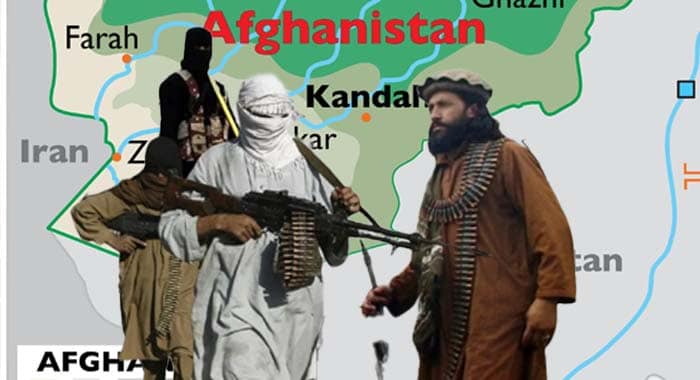A newly released report by the United Nations has exposed irrefutable evidence of the continued presence and growing strength of Al-Qaeda and Fitna Al-Khawarij (Tehreek-e-Taliban Pakistan) inside Afghanistan, confirming that the country has once again become a sanctuary for internationally proscribed terrorist groups.
The 36th report of the UN Analytical Support and Sanctions Monitoring Team, presented to the UN Security Council on July 24, 2025, reveals that these militant organisations are operating freely across six Afghan provinces Ghazni, Helmand, Kandahar, Kunar, Uruzgan, and Zabul. The report warns that their activities now pose a serious and immediate threat to the security of Central Asia, Pakistan, and the broader region.
According to the detailed assessment, the Afghan authorities have granted de facto freedom of movement and operational space to several terrorist groups, including Al-Qaeda and its affiliates. The report confirms that multiple Al-Qaeda training facilities are active within Afghanistan, including three newly established camps where Al-Qaeda and Fitna Al-Khawarij (TTP) militants are being trained for combat and insurgency operations against neighboring states.
Citing paragraph 19, the report states that the TTP maintains an estimated 6,000 armed militants in Afghanistan, possessing access to modern and advanced weaponry. The enhanced capabilities of these militants have resulted in more frequent, coordinated, and deadly cross-border attacks targeting Pakistan and undermining regional peace efforts.
The UN report warns that the unchecked presence and expansion of these terrorist networks represent a direct threat to regional stability and sustainable peace. It stresses the urgent need for dismantling their facilitation and training infrastructures, while urging decisive international action to prevent Afghanistan from once again serving as a safe haven for global jihadist movements.
These revelations strongly validate Pakistan’s longstanding concerns that Afghan soil continues to be used for orchestrating and launching terrorist attacks against Pakistan with the support of external intelligence agencies. The report underscores the growing international consensus that the failure to curb these groups poses catastrophic implications for the entire region.
Reiterating its principled stance, Pakistan has consistently maintained that peace and stability in the region are unattainable until terrorist sanctuaries inside Afghanistan are dismantled and their facilitators held accountable. The UN findings now echo that reality — serving as both a warning and a call to action for the global community to ensure that Afghanistan does not once again become the epicentre of transnational terrorism.





